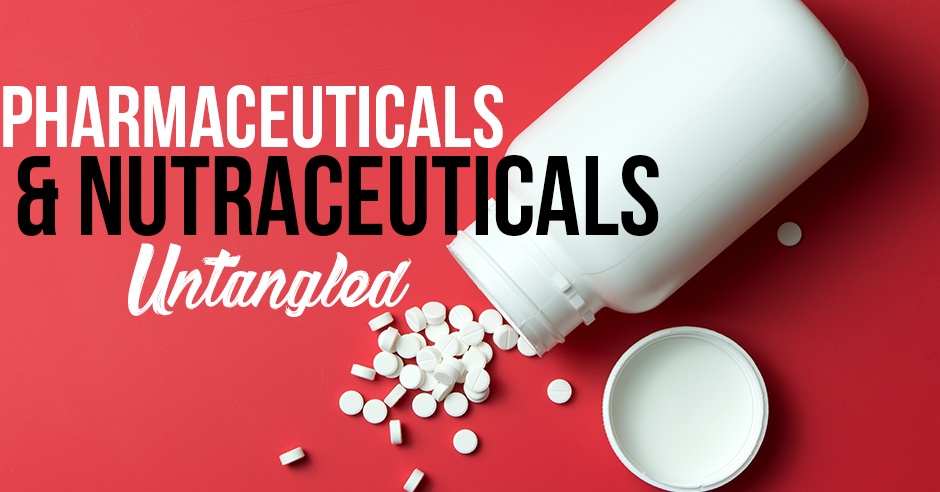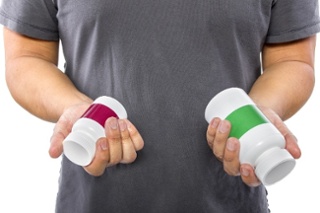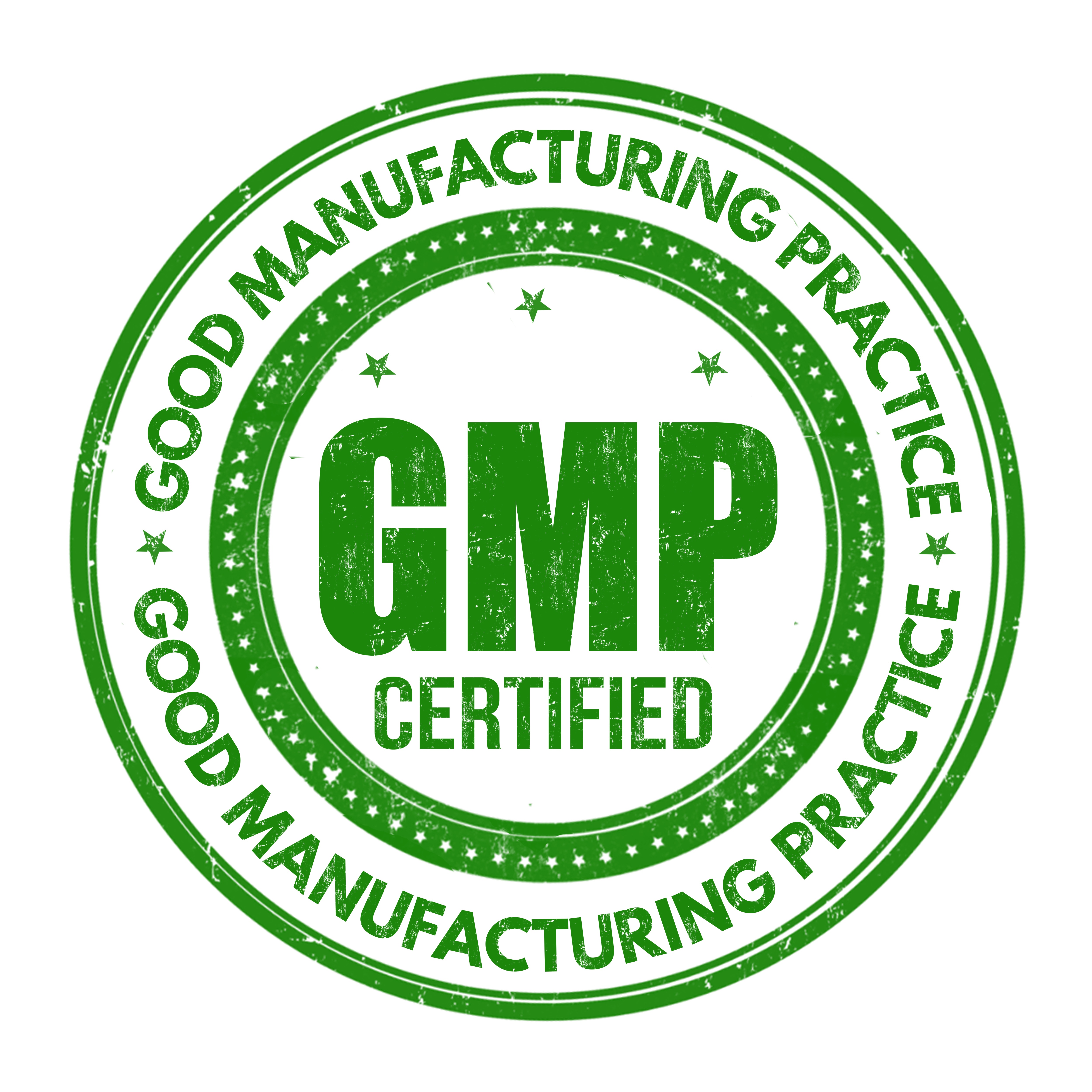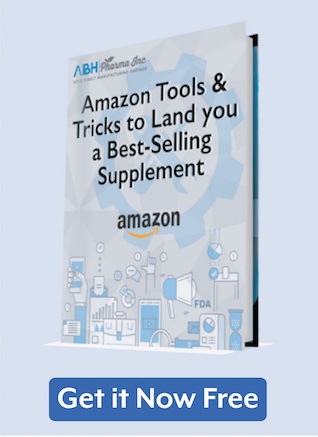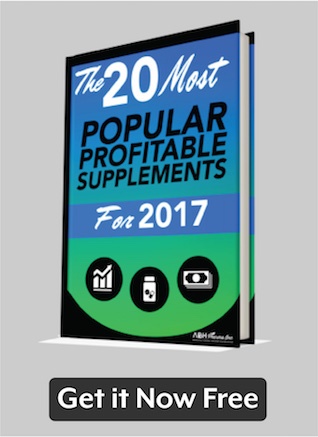No matter how you stack it up, both pharmaceuticals and nutraceuticals are billion dollar industries.
Yet, many people who want to get in on the opportunities that both offer wonder what the difference is between pharmaceuticals and nutraceuticals.
At its simplest, the answer to that question is that pharmaceuticals are human-made or imitations of natural substances that the body needs to manufacture or utilize to maintain health, fight disease, or provide the body with the ingredients it needs.
Pharmaceutical innovations help contribute to innovations in the nutraceutical sector of the healh and wellness market.
Still pharmaceuticals and nutraceuticals have differences between them and both offer considerable plusses and considerations.
In this building health blog, we explore the differences between pharmaceuticals and nutraceuticals from a manufacturing perspective.
Let's Compare
The differences between pharmaceuticals and nutraceuticals are not just about what they do. It
involves topics such as:
- Ingredients
- Regulation
- Marketing limitations and regulation
- Quality of research
- Public Perception
Another consideration for someone who wants develop their own product is end user expectations.
Ingredients - Pros and Cons
One of the biggest cons of the pharmaceutical products is that it can cause side-effects.
This is because the active ingredient is not found in nature and the body must adjust to its presence. That adjustment can initiate an immune response which exhibits as a side effect.
Not all side effects are negative, and many pharmaceuticals become marketable due to their side effects. Perhaps the most famous example is the drug Viagra, which development was as a cardiac drug.
The pros of pharmaceutical manufacturing include the ability to discover drugs that nature does not produce or that we have not found in nature.
These medical breakthroughs help us fight diseases when a natural cure is not available.
+ — provides medication not available in nature
+ — May offer positive side effects such as weight loss
- — May come with negative side effects.
The pros of working with nutraceuticals are that as naturally occurring compounds, they often do not produce side effects making them a better fit for many consumers and options for people who have reactions to pharmaceuticals that offer the same or nearly the same benefits.
The cons of working with nutraceuticals are that their available is limited by what we know or what is availably naturally. Many pharmaceuticals are based on naturally occurring compounds.
+ — Most do not produce side effects making them better options for many consumers.
- — Limited by what is available in nature
Regulation Pros and Cons Between Pharmaceuticals and Nutraceuticals
Regulations represent big differences between pharmaceuticals and nutraceuticals.
Pharmaceuticals almost always need a prescription from a doctor while nutraceuticals do not usually require a prescription.
The difference is in how end users use each type of product. Most pharmaceuticals require that usage be under the guidance of a medical doctor. Nutraceuticals do not typically require medical supervision.
+ — Pharmaceuticals are available at higher dosages when used under the guidelines of a medical doctor.
+ — Pharmaceuticals are available in exact dosages due to advancements in pharmaceutical engineering
- — Not everyone wants to go to the doctor for treatment
+ — Nutraceuticals do not need a prescription making them perfect for people who want to supplement their body or to complement a pharmaceutical
+ — Nutraceuticals help address health issues before disease is present giving people the opportunity to be proactive about their health
- — Nutraceuticals may not be available in exact dosages
- — Nutraceuticals may not be available in higher dosages
Marketing Limitations of Nutraceutical VS Pharmaceutical
Pharmaceuticals are a product of scientific research that supports their claims for health improvement.
Nutraceuticals are limited by the FDA as to what can and cannot appear in marketing for the product and specifically what must and must not appear on the label.
For example, the FDA requires that nutraceuticals have a disclaimer statement that indicates that the product is not a medication and that claims made and the FDA has not reviewed the statement or claims.
+ — Pharmaceuticals are backed by medical research making their claims justified.
- — Nutraceuticals are often not backed by medical research or clinical trials limiting what the manufacturer can claim the product will do.
- — Nutraceuticals cannot claim to be a medication, cure, or treatment for a specific disease under the rules and regulations of the FDA.
- — Nutraceuticals must state on their label that the FDA has not evaluated product
- — Nutraceuticals cannot by law make claims about the product that make it seem as though the product is a medication.
The difference between pharmaceuticals and nutraceuticals are vast. There is also a place where the two types of products work together.
Nutraceuticals can complement pharmaceutical product development, especially when the pharmaceutical has contraindications.
If pharmaceuticals sciences are to fight disease, then nutraceutical sciences add to the preventative side of medicine.
The human body uses nutrients to create the chemicals it needs to function. If our body does not receive the proper chemicals through dietary intake, then disease can begin.
Differences Regarding Consumer Expectation
The big difference here is that consumers expect nutraceuticals to add to disease prevention as well as to help manage diseases.
With pharmaceuticals, consumers expect that these drugs will simply treat the disease or health issue, not prevent it.
The same is true with common diseases such as diabetes and cardiac disease. In many cases, these types of diseases are the result of excess.
Does a person need a pharmaceutical to cure those diseases or a nutraceutical to correct a lifestyle choice?
The answer for many consumers is that they need both. They need the pharmaceutical to remain healthy while the nutraceutical does of helping the body to recover.
The opportunity for nutraceuticals is huge. While the opportunities for pharmaceuticals is also vast, the entry level option for pharmaceuticals comes with a million plus dollar price tag.
Nutraceuticals are much more affordable, and because they do not require a prescription, they are available to more consumers and often at a lower price than pharmaceuticals. Nutraceutical manufacturers are ready to work with people willing to make the jump into the health and wellnes industry.

